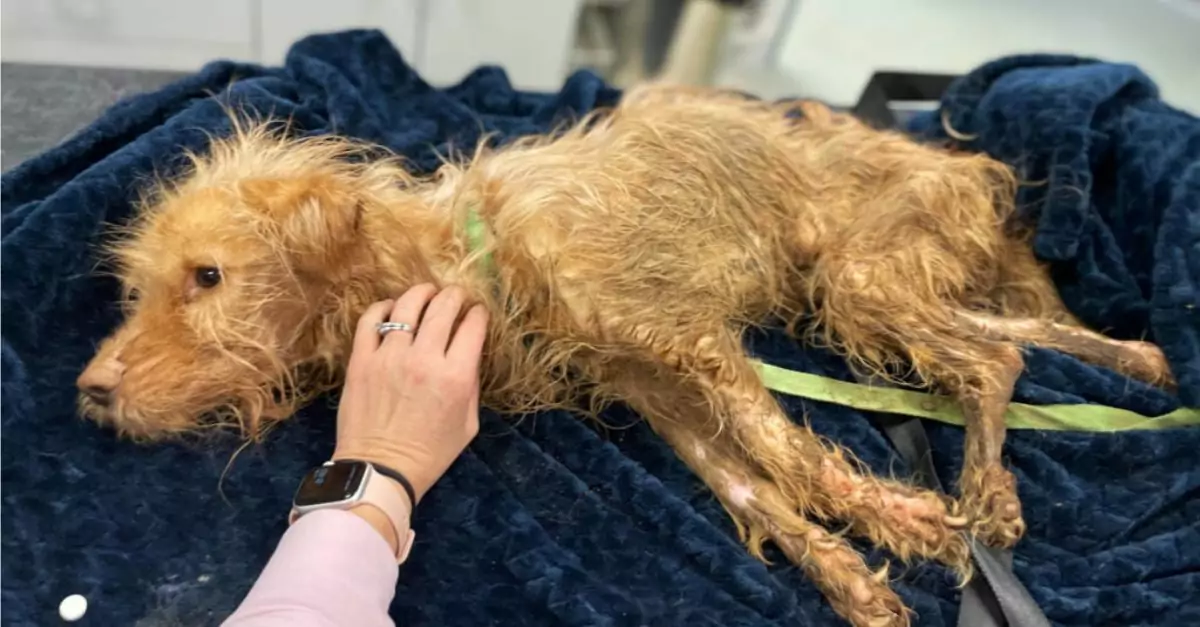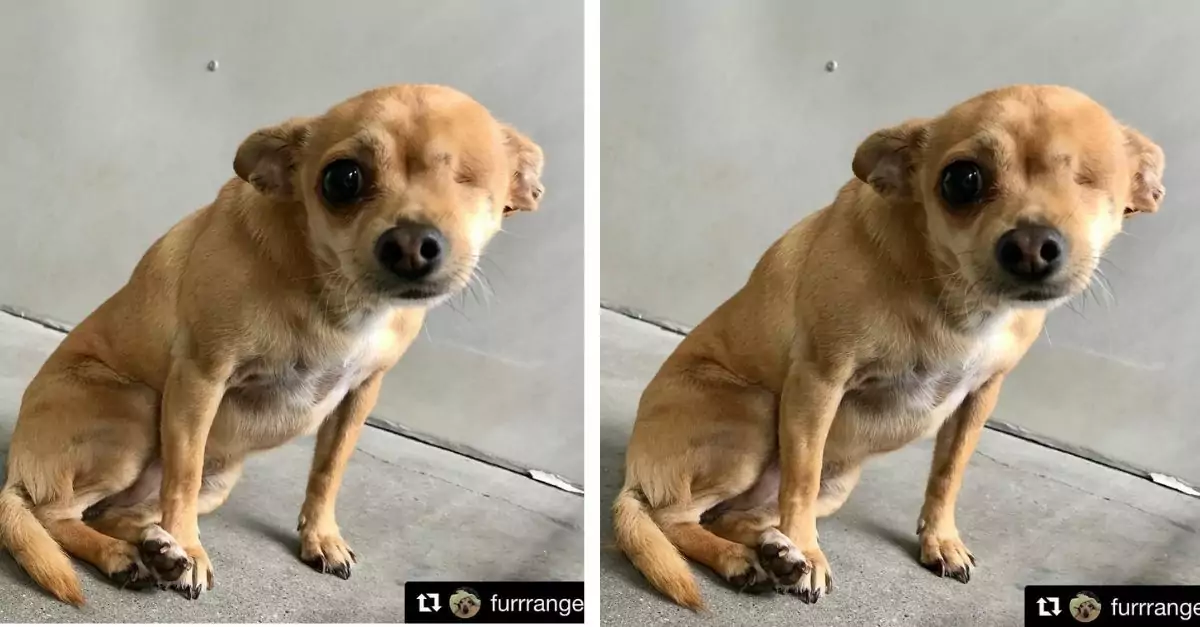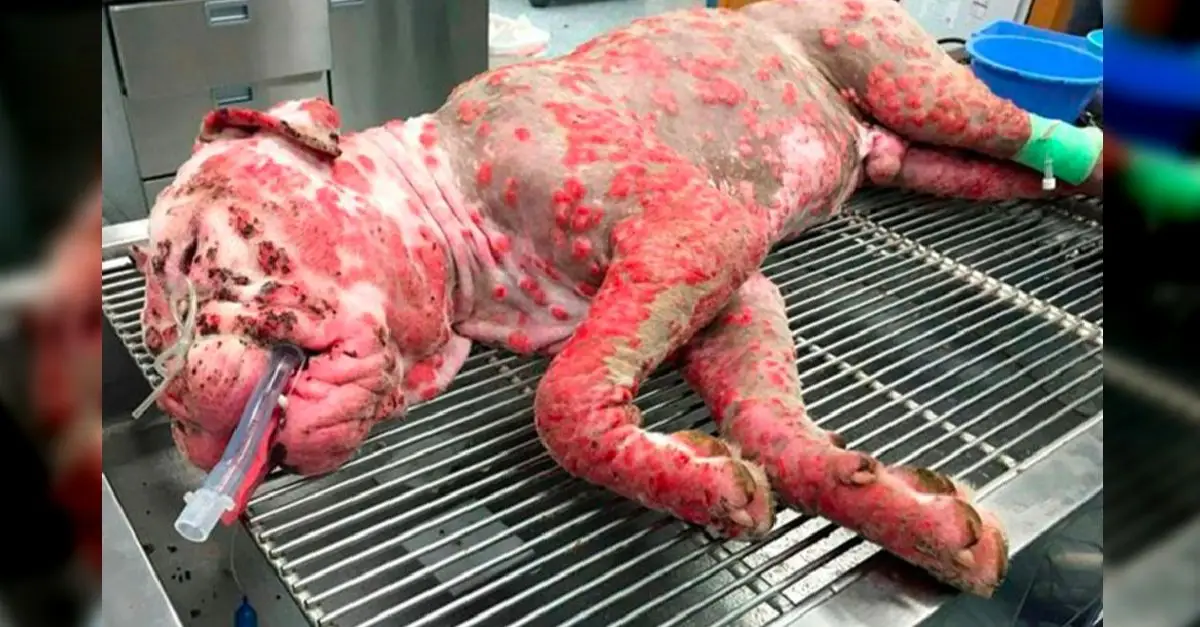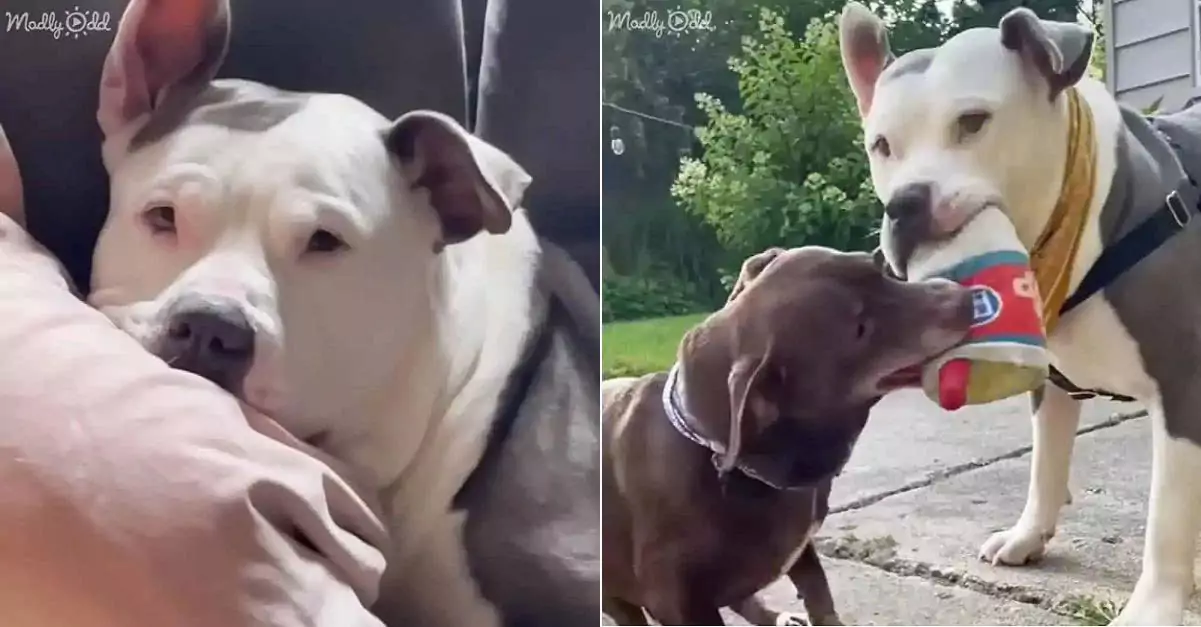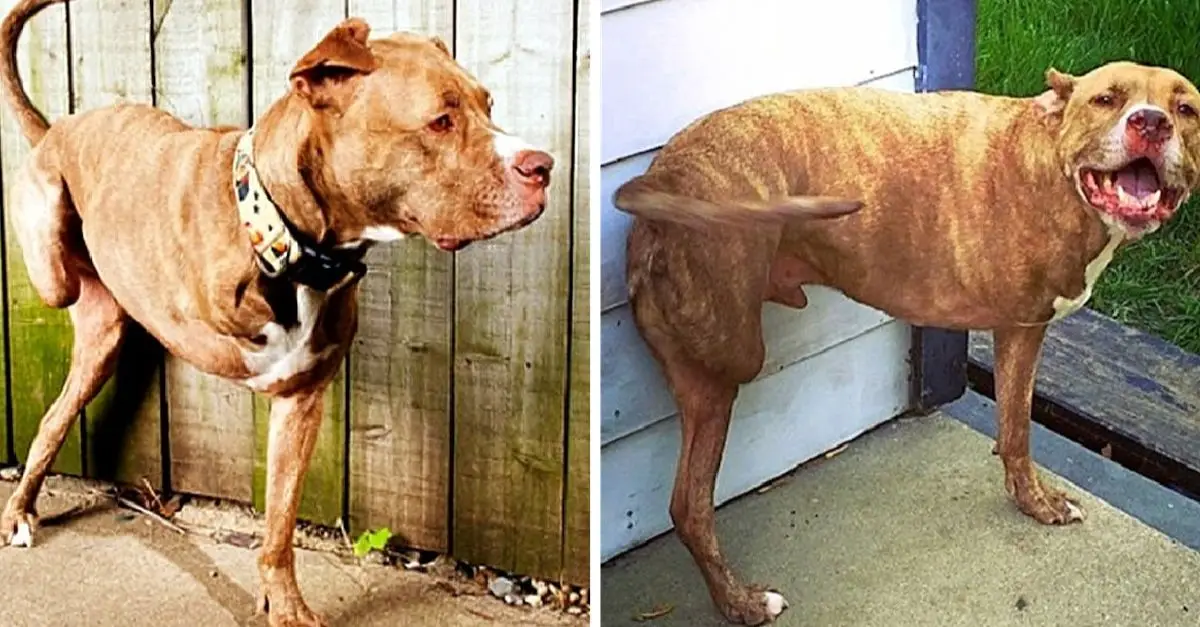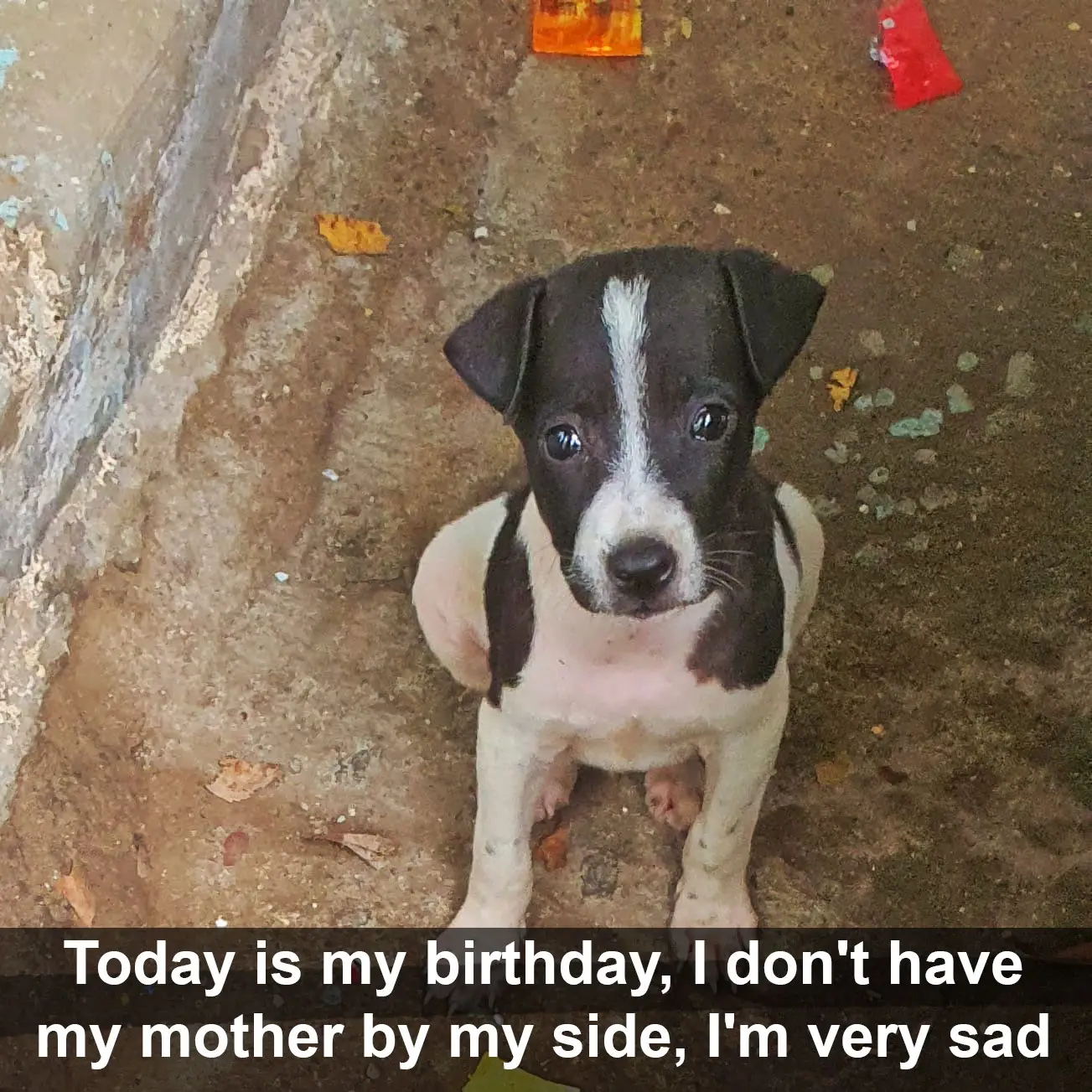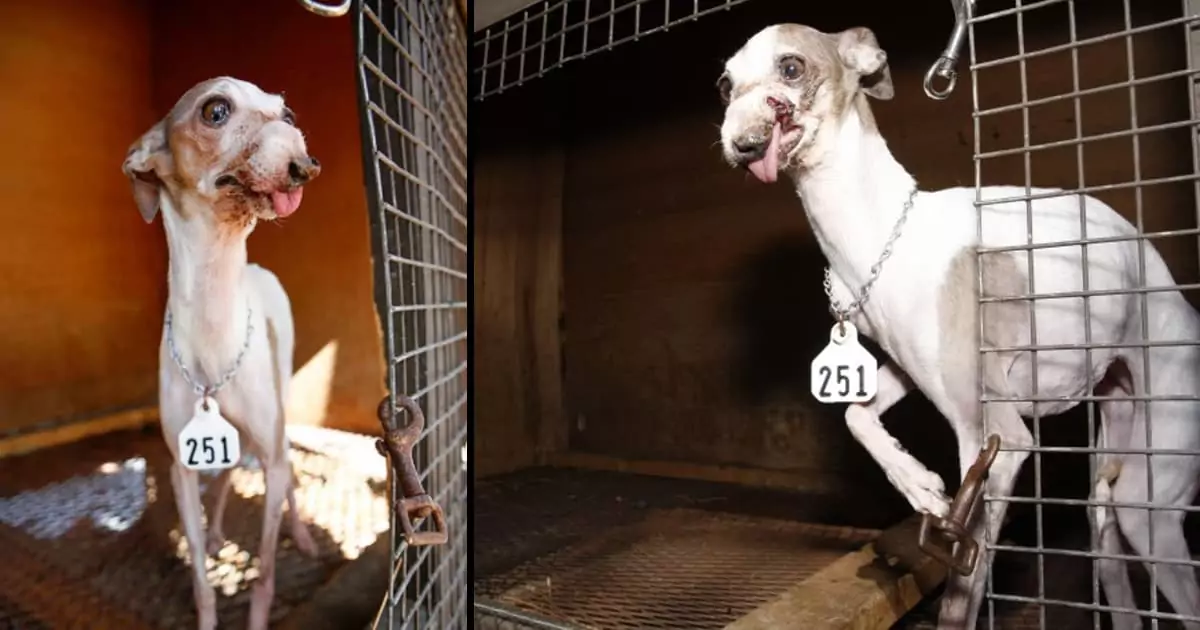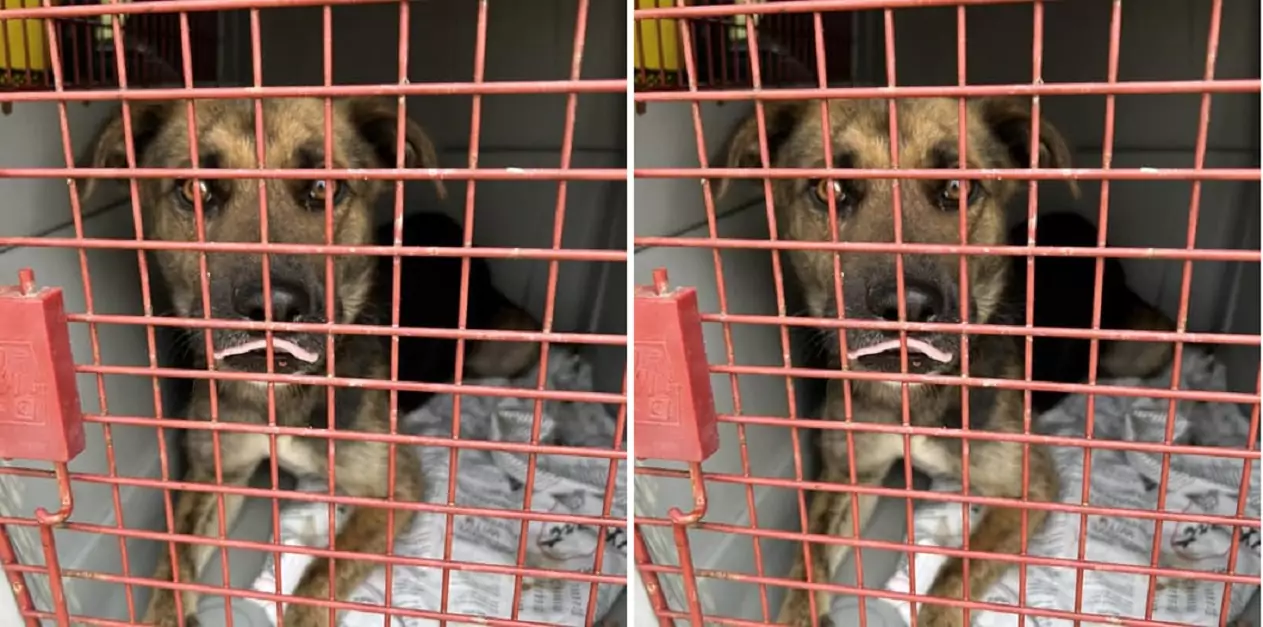Deep within your pet’s gut lies a hidden and profoundly influential realm: the microbiome. While gut health and the microbiome are hot topics for humans, it’s equally important for our animal companions. The health of your pet’s gut plays a pivotal role in their overall wellbeing, influencing everything from digestion to immune system function.
Why the Microbiome Matters
Your pet’s gut is home to trillions of microorganisms, including bacteria, fungi, and viruses, collectively known as the “gut microbiome.” These microorganisms typically live in a “symbiotic” relationship with your pet, coexisting peacefully and benefiting your pet’s health.
The gut microbiome is essential for digestion, synthesizing specific vital vitamins, nutrient absorption, and regulating the immune system. It also helps prevent bad or “pathogenic” microorganisms from causing disease. Additionally, the microbiome may affect other organs and even influence behavior through the Gut-Brain-Axis, a communication highway between the gut and brain.
Similar to a bustling city teeming with life, your pet’s gut is home to trillions of tiny residents – bacteria, fungi, and even viruses! These microscopic neighbors work together to keep your furry friend healthy, aiding in digestion, vitamin production, nutrient uptake, and immune system function. They even act as security guards, preventing harmful microbes from causing trouble.
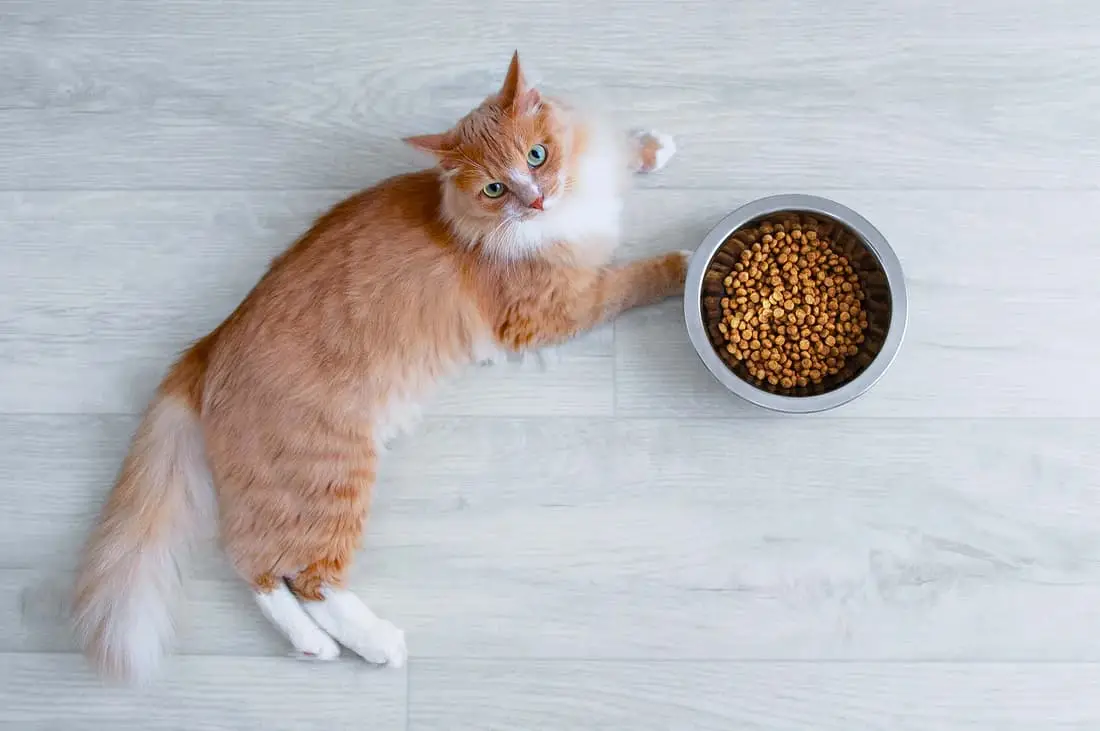
Why the Microbiome Matters
Factors Impacting Gut Health
While the science behind the gut microbiome is still developing, we know it’s a delicate ecosystem easily disrupted by factors like antibiotics, dietary changes, illness, or stress. This imbalance, called dysbiosis, can lead to digestive issues like diarrhea, loss of appetite, gas, or abdominal discomfort. Fortunately, it’s often temporary. However, in some cases, dysbiosis can cause long-term problems.
Disruptions in the gut microbiome can occur due to antibiotics, dietary changes, diseases, or stressful events. This imbalance, known as “dysbiosis,” can cause diarrhea, loss of appetite, flatulence, or tummy aches. While these symptoms are usually short-lived, in some cases, dysbiosis can lead to long-term gastrointestinal problems for your pet.
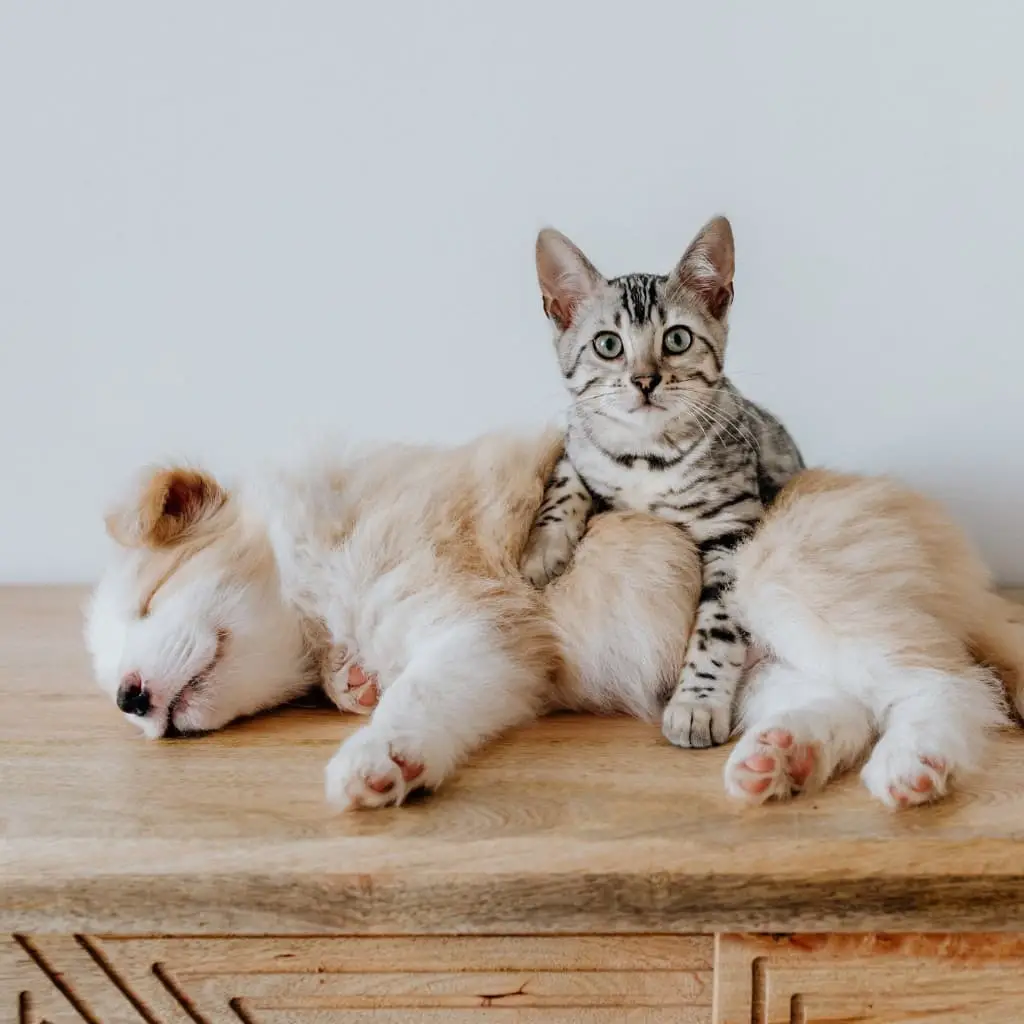
Factors Impacting Gut Health
Expert Insight
Dr. Emma Rogers-Smith, a veterinary surgeon and internal medicine clinician, emphasizes the importance of maintaining your pet’s gut health. With several published research papers and extensive experience in veterinary education, Emma provides valuable insights into the significance of the microbiome. She owns a mobile veterinary practice in the North East of England and lectures part-time, sharing her knowledge with both the veterinary community and the general public.
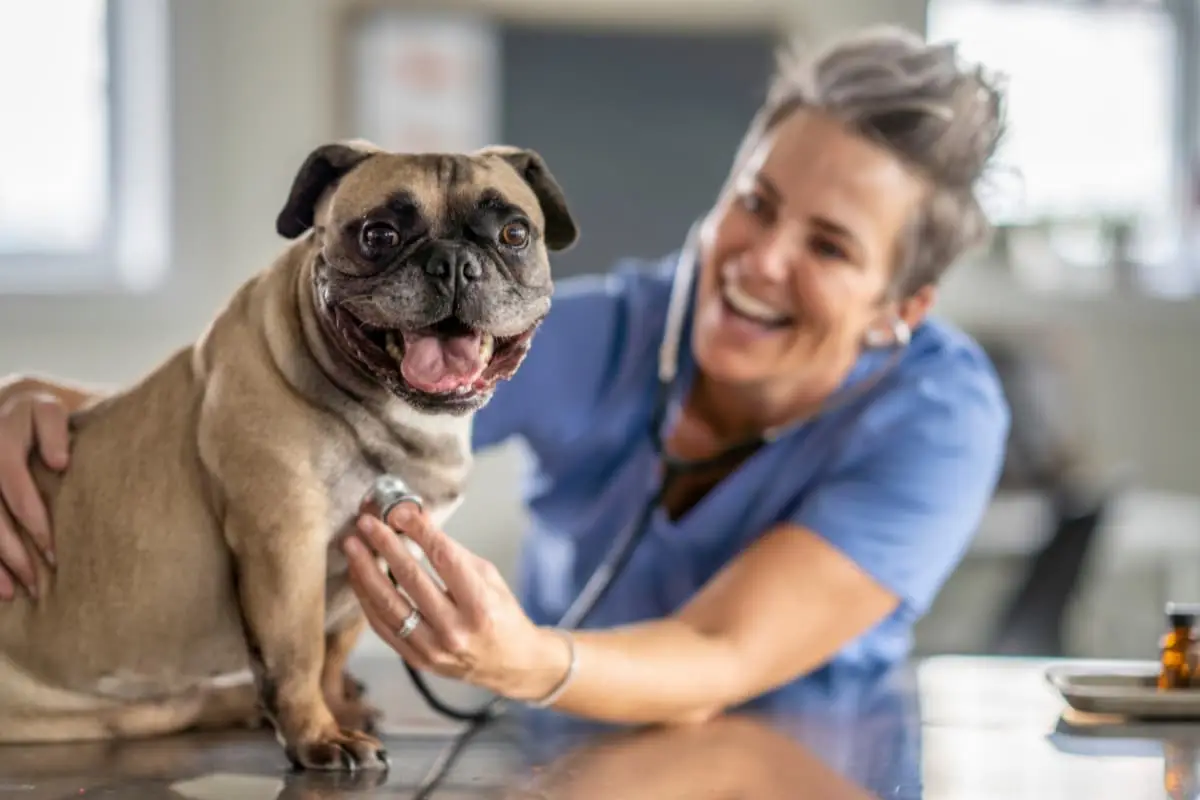
Expert Insight
As a pet owner, you have the power to influence your pet’s gut health. Understanding and caring for the microbiome can ensure your pet stays in optimal health. By being mindful of factors that can disrupt this delicate ecosystem, you can help your pet maintain a healthy gut and overall wellbeing.


